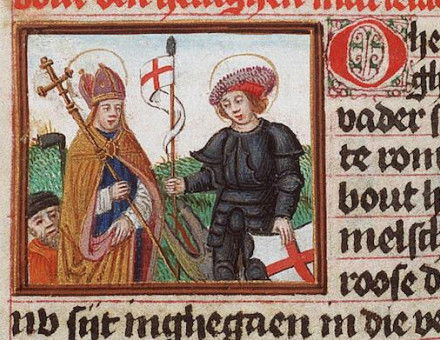Otto III: An Imperial Ideal
During the disturbed tenth century in Western Europe, royal power held its ground and extended its authority only in Germany-whence the Emperor Otto III sallied into Italy with the purpose of reviving Roman classical tradition and combining it with the dream of a Christian Commonwealth under imperial aegis. By J.B. Morrall.
The tenth century does not usually bear the reputation of being the most agreeable of periods in the history of Western Europe. In art and literature there are few works of high quality; the Christian religion, though now the official faith of all Western peoples, was often laxly observed, even at Rome itself; over most of Western Europe, thanks to Viking, Hungarian and Saracen invasion, coupled with civil warfare, human life was indeed “poor, nasty, brutish and short.” Compared with the settled order and traditional splendour of Byzantium, or with the wide extent and advancing material civilization of Islam, Western European Christendom cut a poor figure and few observers would have foreseen any but a gloomy future for it. The agewas one of pessimism and apparently impending disaster; the apocalyptic speculations that centred on the approach of the fateful year 1000 were an indication of how deep in the popular mind this pessimism could reach.





